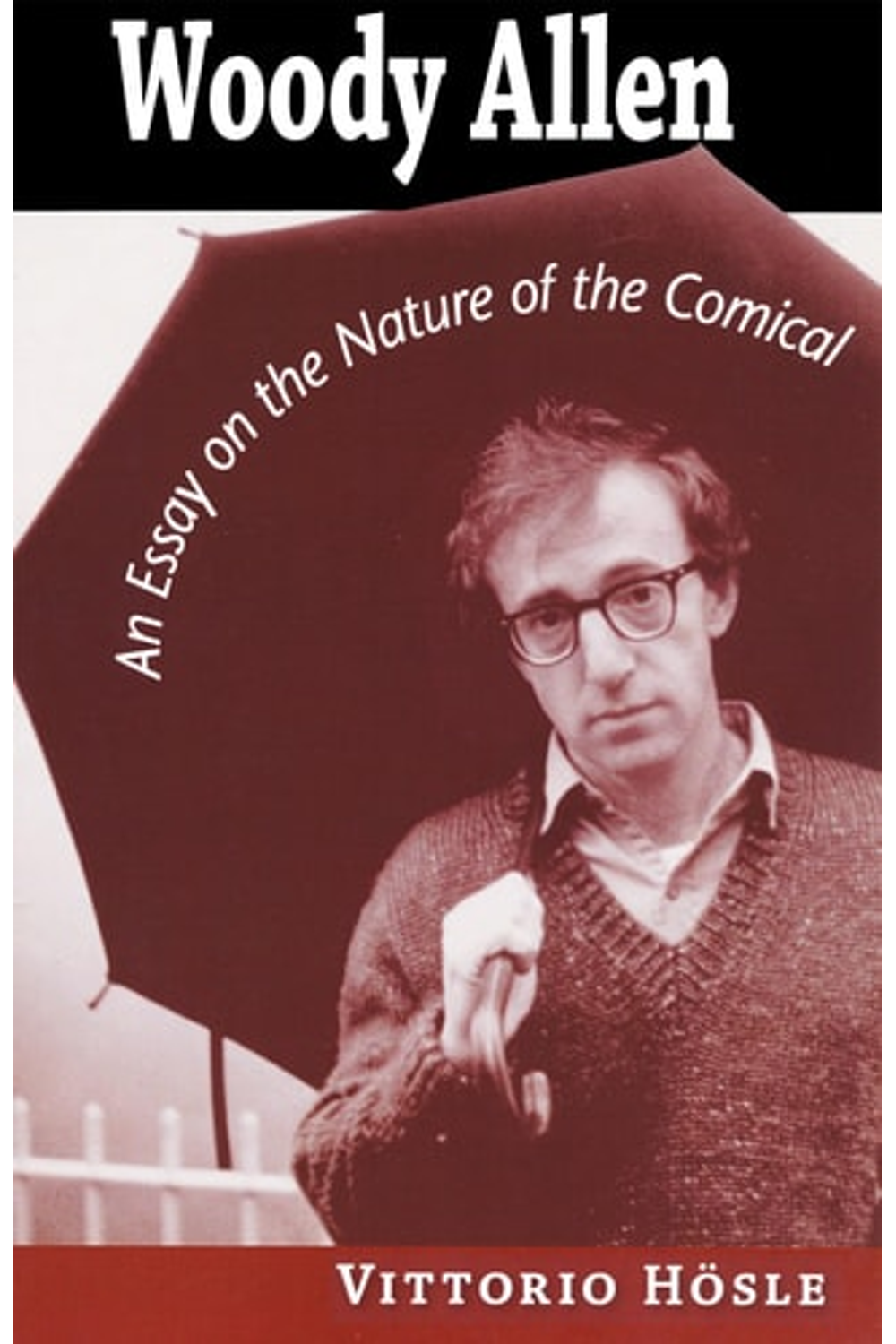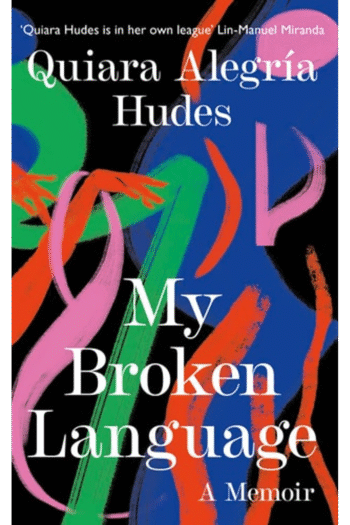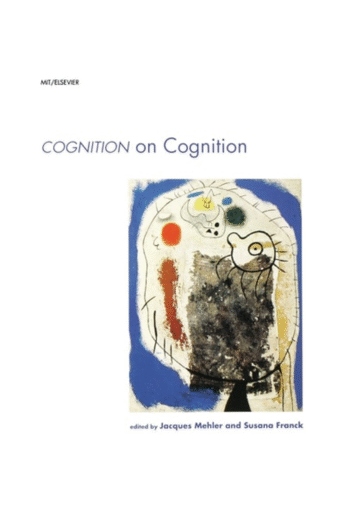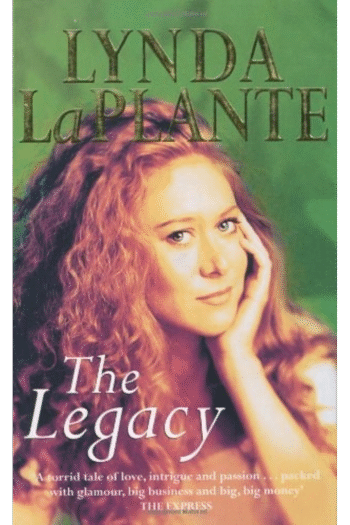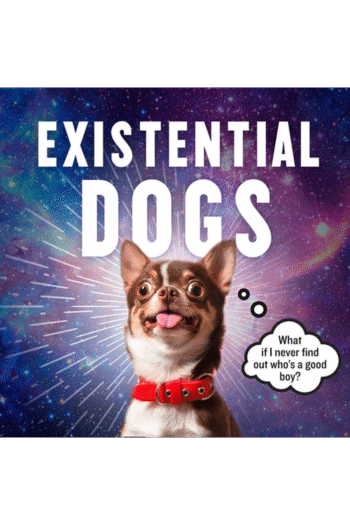Vittorio Hsle’s “Woody Allen: An Essay on the Nature of the Comical” is a compelling exploration of Woody Allen’s cinematic universe, going beyond simple biography to analyze his films through a philosophical lens. Hsle examines Allen’s recurring characters and themes, particularly focusing on how Allen uses humor to grapple with profound questions about identity, morality, art, and reality. Drawing upon Bergson’s theories of laughter and incorporating other philosophical perspectives, Hsle delves into films like *Crimes and Misdemeanors*, *Zelig*, and *Bullets Over Broadway*, revealing the intellectual and artistic ambition behind Allen’s comedic facade. He highlights Allen’s innovative blending of the fantastical with everyday anxieties, arguing that this techniquereminiscent of Aristophanesserves to expose deeper truths about the human condition. This book isn’t just for Allen fans; it’s for anyone interested in film theory, philosophy, or the intersection of humor and intellectual inquiry. Discover a deeper understanding of Woody Allen’s genius and the enduring relevance of his work. Perfect for film buffs, philosophy students, and anyone seeking a thought-provoking read.
Woody Allen: An Essay on the Nature of the Comical
16.44 $
In stock
In this extended essay, Vittorio Hsle develops a theory of the comical and applies it to interpret both the recurrent personae played by Woody Allen the actor and the philosophical issues addressed by Woody Allen the director in his films.
Taking Henri Bergsons analysis of laughter as a starting point, Hsle integrates aspects of other theories of laughter to construct his own more finely-articulated and expanded model. With this theory in hand, Hsle discusses the incongruity in the characters played by Woody Allen and describes how these personae are realized in his work.
Hsle focuses on the philosophical issues in Allens major films by exploring the identity problem in Play It Again, Sam and Zelig, the shortcomings of the positivist concept of reality in A Midsummer Nights Sex Comedy, the relation between reality and art in The Purple Rose of Cairo, the objective validity of morality in Crimes and Misdemeanors, the power of evil in Shadows and Fog, and the relation between art and morality in Bullets over Broadway. He cites Allens virtuosic reinterpretation of older forms of expression and his integration of the fantastic into the comic universeelements like the giant breasts, anxious sperm, extraterrestrials, ghosts, and magicians that populate his moviesas formal moves akin to those of Aristophanes. Both an overview of Allens work and a philosophical analysis of laughter, Hsles study demonstrates why Allens films have more to offer usmorally, philosophically, and artisticallythan just a few laughs.
| Authors | |
|---|---|
| Binding | |
| Condition | |
| ISBN-10 | 0268031045 |
| ISBN-13 | 9780268031046 |
| Language | |
| Pages | 112 |
| Publisher | |
| Year published | |
| Weight | 153 |
| Edition | 1 |
| Dewey decimal | 791.43/092 |
Related products
-
My Broken Language: A Memoir
18.85 $ -
Cognition on Cognition
26.76 $ -
The Legacy
11.86 $ -
Existential Dogs
12.35 $
- Additional information
- Currencies
- USD – United States dollar
- EUR – Euro
- GBP – Pound sterling
- CNY – Chinese yuan
- BRL – Brazilian real
- MXN – Mexican peso
- JPY – Japanese yen
- PHP – Philippine peso
- THB – Thai baht
- PLN – Polish złoty
- CAD – Canadian dollar
- MYR – Malaysian ringgit
- AUD – Australian dollar
- TWD – New Taiwan dollar
- CZK – Czech koruna
- SEK – Swedish krona
- HUF – Hungarian forint
- ILS – Israeli new shekel
- CHF – Swiss franc
- HKD – Hong Kong dollar
- DKK – Danish krone
- SGD – Singapore dollar
- NOK – Norwegian krone
- NZD – New Zealand dollar

